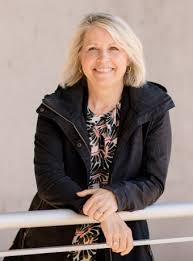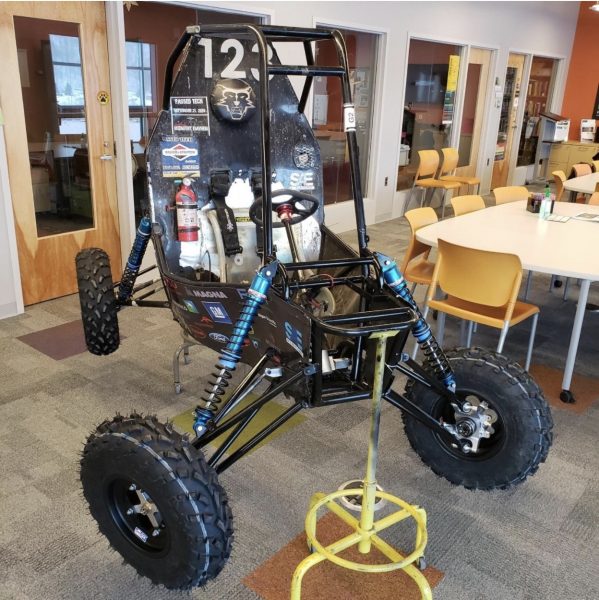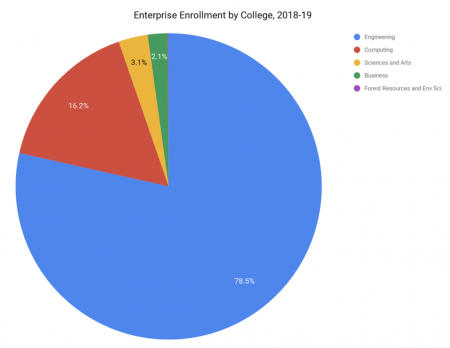
I am pleased to have this opportunity to share with you a few words about Enterprise and the role that Enterprise plays at Michigan Tech and in the Pavlis Honors College. Six years ago, Enterprise became one of the first programs placed into the newly formed Pavlis Honors College. With a 14-year record of excellence in education at the time, it is no surprise that the Enterprise model helped to shape what would soon become a unique honors college.
Enterprise was designed to provide academic enrichment and offer real hands-on practical experience to any student on campus interested in expanding their education beyond the classroom. This mission became a core principle of the honors college, pushing Michigan Tech to think broadly of what an honors experience can be – a resource for highly motivated students (not just for students with high grades). Enterprise also provides students with opportunities to build key skills for post-graduate success, including communication, teamwork, management, and leadership (among others). These skills formed a foundation for what would soon become the Pavlis Honors Abilities, a set of nine competencies that all students who engage with Pavlis programs are guided in developing.
As Enterprise turns 20 this year, the program continues its legacy of impact, providing value to Michigan Tech students, to the faculty who advise these students, to the partners who provide these students with relevant and meaningful work, and to the employers who hire these students after they graduate. It isn’t often that an academic program can weather the social challenges of two decades, innovate and adapt, and remain relevant to these broad constituencies. And, it isn’t often that the social changes of one semester can push us to reconsider what we mean by “hands-on.” The Enterprise team met this challenge “head-on” with a creative approach to the way we teach and learn, and ultimately, showcase student learning and accomplishment amid a global pandemic (you can read more about this elsewhere in this newsletter). This wasn’t only a response for the moment, but an opportunity for a shift in the future that will be evident as we continue to live and learn in a time of accelerated change.
I’m excited for the future of Enterprise – to witness the work of our leadership team, our faculty advisors and module instructors, our partners and, most importantly, our students and graduates – to see where the next semester, year and decade of change take this incredible program as we continue to build forward to meet the changing needs society.




